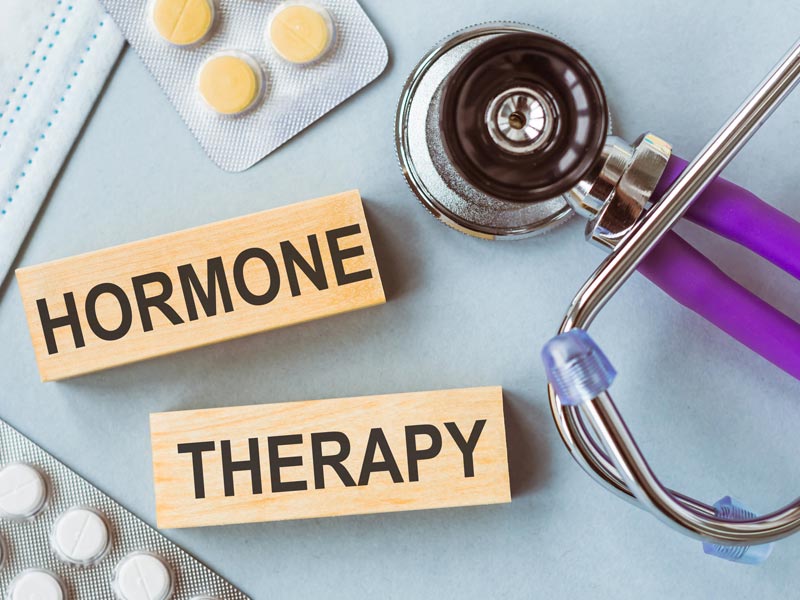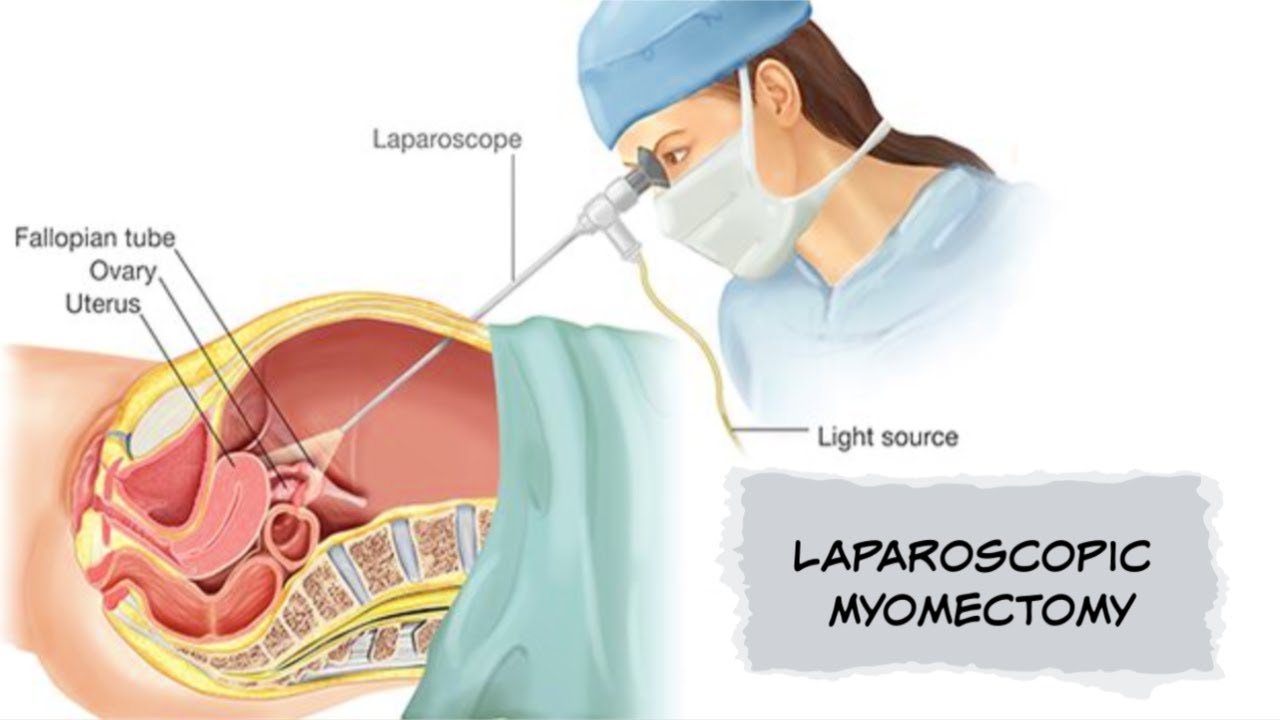Hormonal therapy plays a crucial role in the treatment of endometriosis by aiming to regulate hormonal fluctuations that contribute to the growth and activity of endometrial tissue outside the uterus. Here’s how hormonal therapy helps in endometriosis treatment:
1- Hormone Suppression:
- Birth control pills, progestin contraceptives, or combined estrogen-progestin options suppress the menstrual cycle, easing associated symptoms like pain and inflammation.
2- Reduction of Estrogen Levels:
- Lowering estrogen levels inhibits endometrial tissue growth, minimizing symptoms linked to endometriosis sensitivity to estrogen.
3- Inhibition of Ovulation:
- Ovulation suppression induces a temporary menopausal state, controlling endometriosis progression and providing symptom relief.
4- Endometrial Tissue Atrophy:
- Extended hormonal contraceptive use leads to endometrial tissue atrophy, reducing implant thickness and activity for symptom relief.
5- Pain Management:
- Hormonal therapies effectively manage endometriosis-associated pain, including pelvic pain, dysmenorrhea, and pain during intercourse.
6- Prevention of Recurrence:
- Extended hormonal therapy helps prevent endometriosis recurrence post-surgery, maintaining ongoing suppression of tissue growth.
7- Fertility Preservation:
- Tailored hormonal therapies preserve fertility while managing endometriosis symptoms, requiring coordination with fertility specialists.
Individual factors guide thoice of hormonal therapy, considering symptom severity, fertility desires, and overall health. Discussing benefits, side effects, and long-term implications with a healthcare provider ensures informed decisions about the treatment plan.
Ready to find relief from Endometriosis? Schedule your expert consultation with Dr. Neha Lalla for a personalized approach to Endometriosis operations in Dubai.


